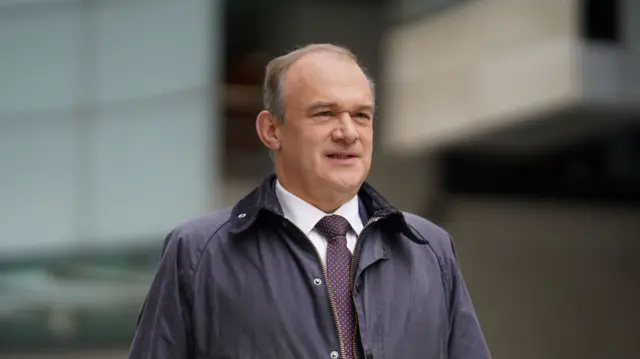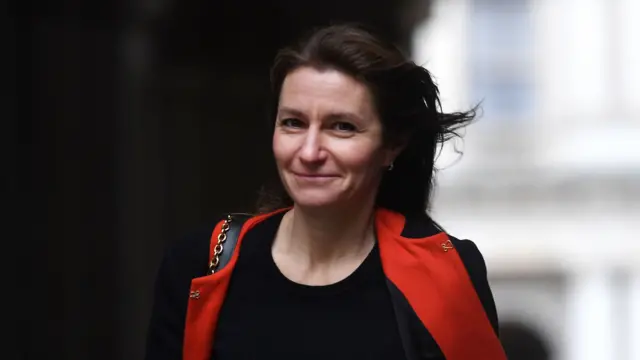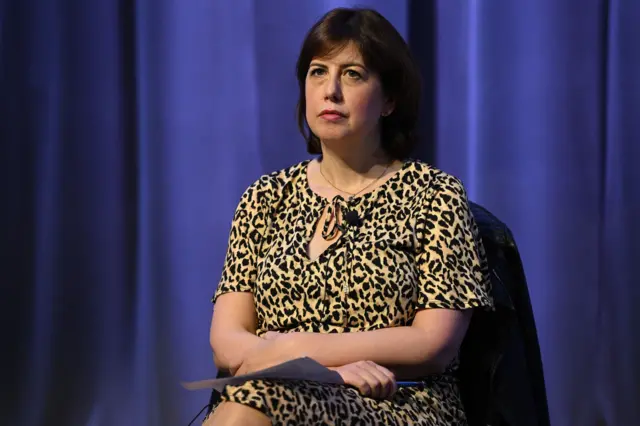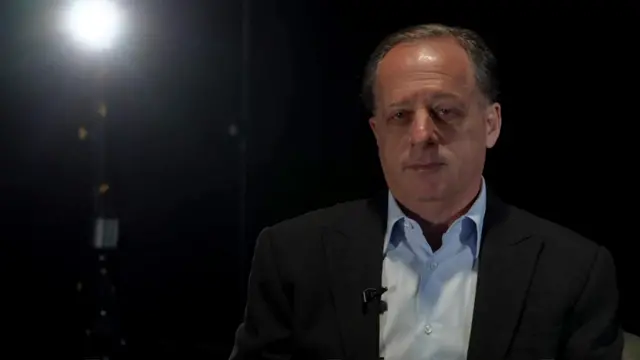Right and inevitable that Sharp has gone - former BBC executive Moseypublished at 11:23 BST 28 April 2023
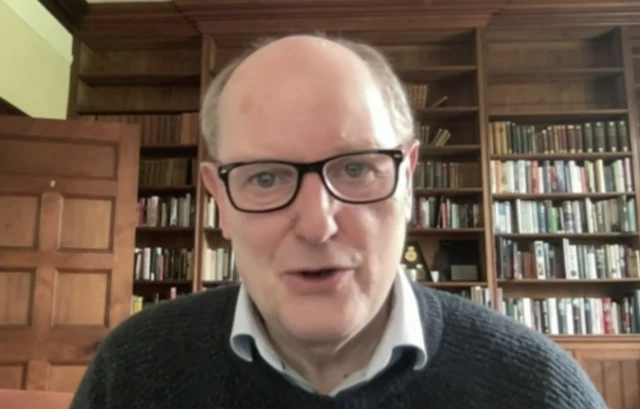
A former top executive at the BBC, Roger Mosey, says Sharp's departure is "right and inevitable."
“If you’re chair of the BBC, you are the person insisting on the highest standards for the corporation,” Mosey tells 5Live's Nicky Campbell. "It’s pretty tough to do that if you are judged not to have followed the best possible processes when being appointed to the job.
“You saw during the Gary Lineker affair, which was a major impartiality controversy, that you cannot manage top talent and insist they stick by the rules when you’re compromised yourself and defending your own position."
Mosey, former head of BBC TV News and director of sport, goes on to say that he believes there should be an impartial appointments process to choose a chairman who best represents licence fee payers.
Quote MessageWe have to recognise all governments, at least since the 1960s, have put in political appointments to the BBC. And I think that's unhealthy because the perception is that these people are linked to politicians and prime ministers.
